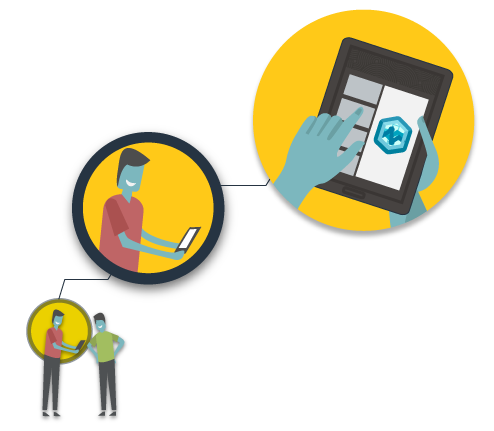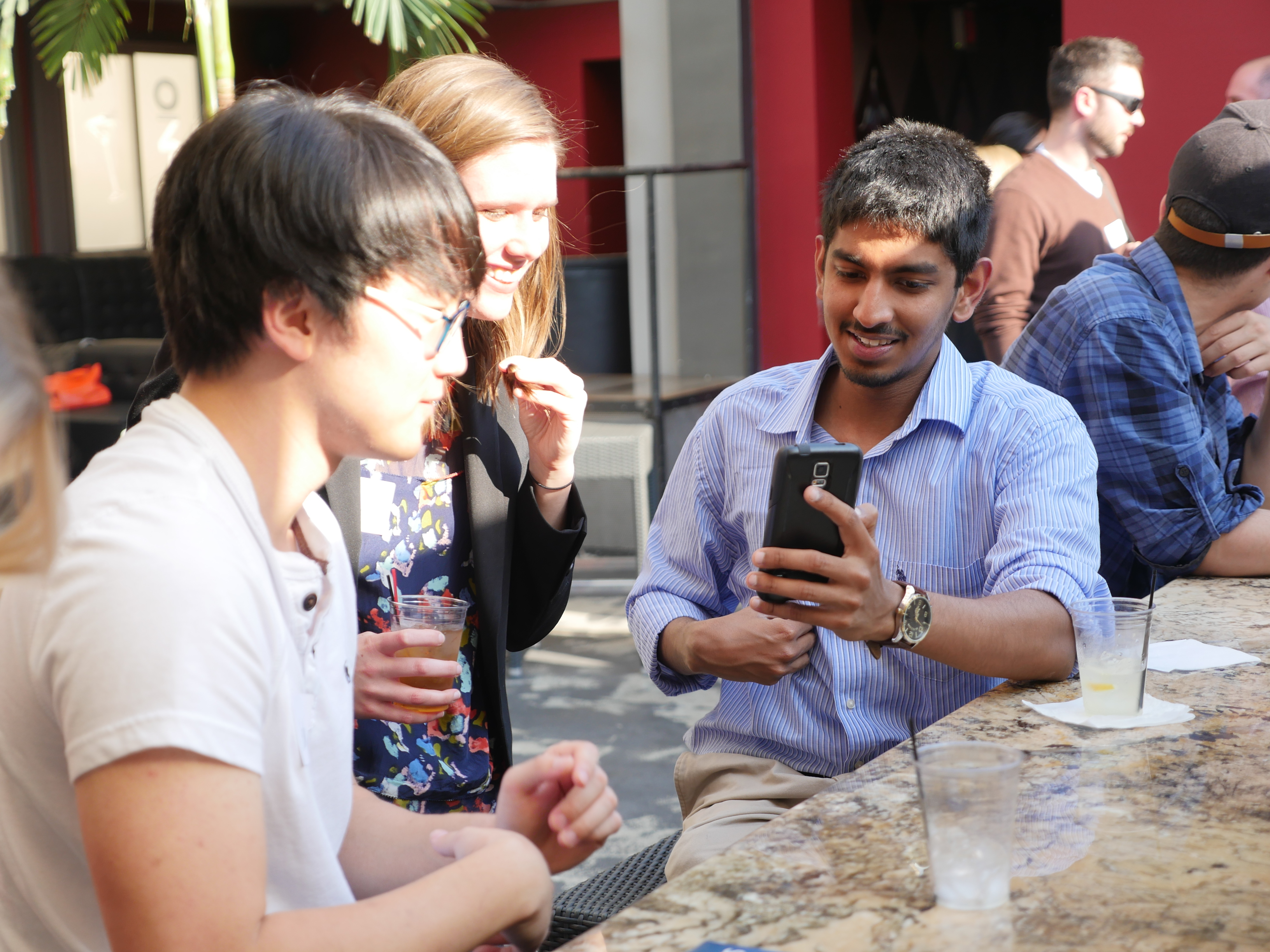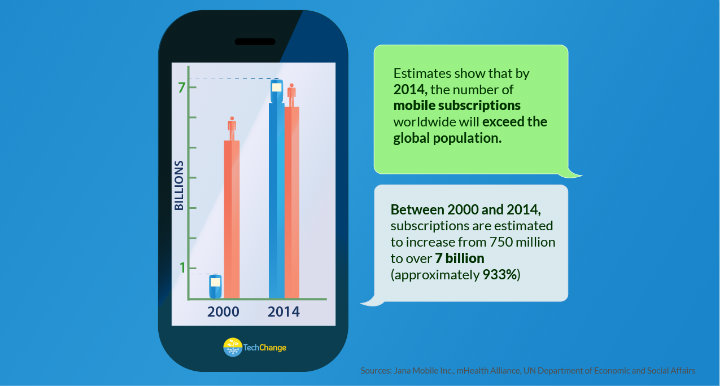TechChange courses are designed for busy young professionals. In any of our courses, you will find yourself taking the course alongside international development field and headquarter staff, university professors and students, freelancers, and so many other kinds of eager learners. Today, we are excited to chat with Amira Elibiary, who is an M&E specialist and works for Tshikululu Social Investments in South Africa. After she submitted an insight piece she wrote about M&E as a result of her participation in our Technology for Monitoring & Evaluation course, we caught up with Amira to talk about her overall experience with the course and how it has impacted her work.
Q: How did you find out about TechChange, and what made you interested in taking a course?
I am a member of the MandE News Yahoo Group, which is a practitioner group for M&E professionals. Someone posted information about TechChange and the course in the group, so that is how I initially found out about it. At my organization, Tshikululu Social Investments, which is a fund manager for corporate social investment, I’ve been grappling with conducting data collection in an efficient manner and the M&E process in general. I decided to take the course to see what tools are out there because I felt that I was getting stuck in terms of thinking of new ideas.
Q: Have you taken online courses before? What did you think of the TechChange course and the style?
I had taken several online courses with other organizations before I took this Technology for M&E course with TechChange. I found it a bit hard at first to get accustomed to and navigate the platform, but once I got used to it I really enjoyed the course and the setup. I liked the TechPoints system, which did not exist in other courses I had taken. The TechChange course was also definitely more interactive than the other courses I had taken. I was able to have discussions with other participants in the course, and most of my problem solving and ideas came from this sort of engagement with other students and from hearing their experiences. The content of the course was also great, especially the guest speakers.
Q: What level of experience did you have with tech for M&E going into the course?
I work a lot in the M&E field but going into this course I knew about some tech for M&E tools, but I didn’t have a lot of exposure to and experience with them. This did not pose a problem for me, however – the material was not hard to understand or to follow, and has definitely increased my knowledge of the M&E field as well as the various tools out there.
Q: How did you use what you learned in the course at your job and in your work?
I would say that the main way that what I learned in the course has been applicable to my work is in terms of bringing in more ideas. At work we get a lot of different service providers that come to us offering us their tools, and I feel that now I am more knowledgeable and better equipped to decide between these tools.
More specifically, the guest expert that spoke about the issue of privacy has impacted my work as well. The insight piece that I wrote for my company’s blog about the issue of privacy and M&E was in part a result of my participation in this course. This presentation made me stress the issue of privacy more with my colleagues. As M&E practitioners, we are aware of this issue but maybe don’t think about it as actively as we should. This aspect of the course brought more attention to the fact that it is people that we are collecting data from, not just numbers.
I also have begun to think more about local contexts. For example, in the course we talked about how most people in the developing world are connecting to the online world via mobile phones rather than desktop or laptop computers, which many still do not have. This has caused me to consider that perhaps we should begin to use some mobile tools for M&E, or at least be choosing tools that are also mobile compatible.
Q: What advice would you give to other participants in order to for them to succeed in the course and gain the most from this experience?
When I was taking the course I didn’t always have time to attend all the guest expert sessions live because I was busy with work; I went back and watched most of them later in the months following the end of the course. I do regret not attending more of the events live because it would have been a much better tool for learning and I would have had the opportunity to ask more questions directly. So, I would probably tell students that they should browse through the course calendar at the beginning of the course and pick a few live events during the four-week period that they are most interested in and plan into their schedules to attend those.
The second piece of advice I would give to students is to actually use and take advantage of the knowledge within each course participant. There are a huge range of participants that all have different backgrounds and areas of expertise and, as I mentioned earlier, most of my problem solving was a result of discussions that I had with other participants.
Interested in taking this course? New session begins January 25, 2016. Apply and sign-up for our Technology for Monitoring & Evaluation course here in order to gain new skills and join an incredible network of professionals from all over the world! For a full list of the courses we offer, feel free to visit our online course catalogue.
About Amira

Amira Elibiary is a Monitoring and Evaluation (M&E) specialist with 10 years of experience in research, grant-making and program management; over two years of experience in the corporate social investment sector for education, health and social development projects. With a keen interest and extensive experience in democracy, governance, advocacy and rule of law work. Amira holds a Master’s degree in International Affairs from American University and a BA degree in Economics.




